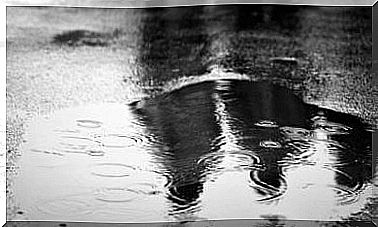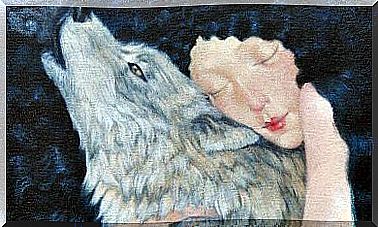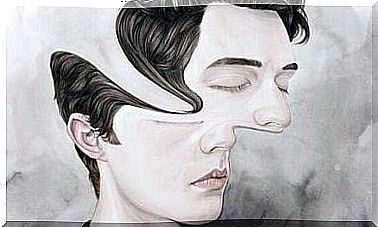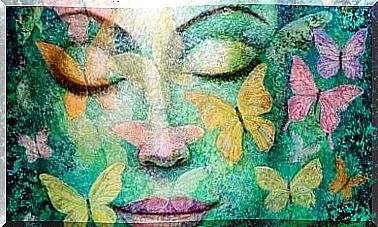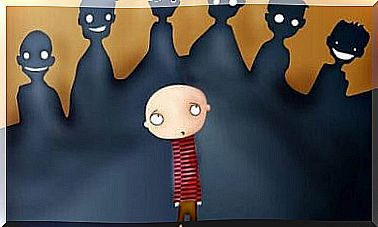Mourning: Oxygenating The Wound Caused By Loss
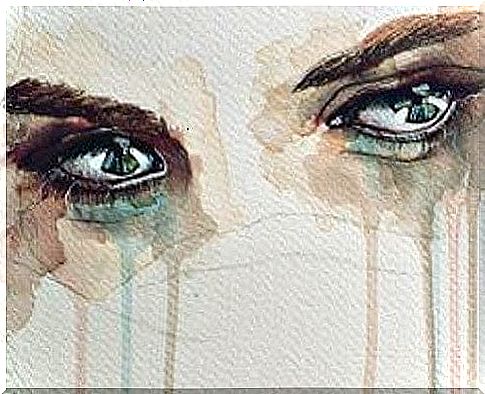
Life is a succession of mourning. We only detach ourselves from those around us, colleagues, relatives, friends and spouses… Relationships end, stages close. Mourning appears.
Some of these experiences can be painful, but the death of a loved one is without a doubt the hardest. These are very difficult times, so much so that you don’t know how to get out of this spiral of pain. Do not demand anything from yourself, do not rush to find solutions and answers. There are no set rules about what is right to do when you lose an important and close connection. As humans, we need time to heal ourselves emotionally. This is precisely one of the main functions of the grieving process.
“If you want to be able to endure life, you have to be willing to accept death.”
-Sigmund Freud-
There is mourning where there is suffering
Some people around you will try to identify what can help you the most. And you yourself can put the pressure on yourself and feel very disturbed. “Do not go into his house”. “Better to avoid going back to this place”. “What you have to do is offer your stuff”. “Don’t torture yourself looking at his photos.”
Decide for yourself, do not avoid the times or situations that you feel you have to go through, because in the long run it will cause more suffering. Do and say whatever you want and owe. Being wrong in saying something doesn’t hurt as much as not saying it right. Even if you are in pain: decide for yourself.
There are deaths that have more impact than others. If you think the death could have been avoided, if you think the person suffered, if you are missing information, if they died from a long illness, or how you received the news . Many people report feeling better after a few days than after a few months. It is an absolutely normal reaction and the function of which is protective. The initial state of shock is a mental defense that protects us from the pain that spills out everywhere.
“Like a sea, around sunny life, death sings its endless song day and night.”
-Rabindranath Tagore-
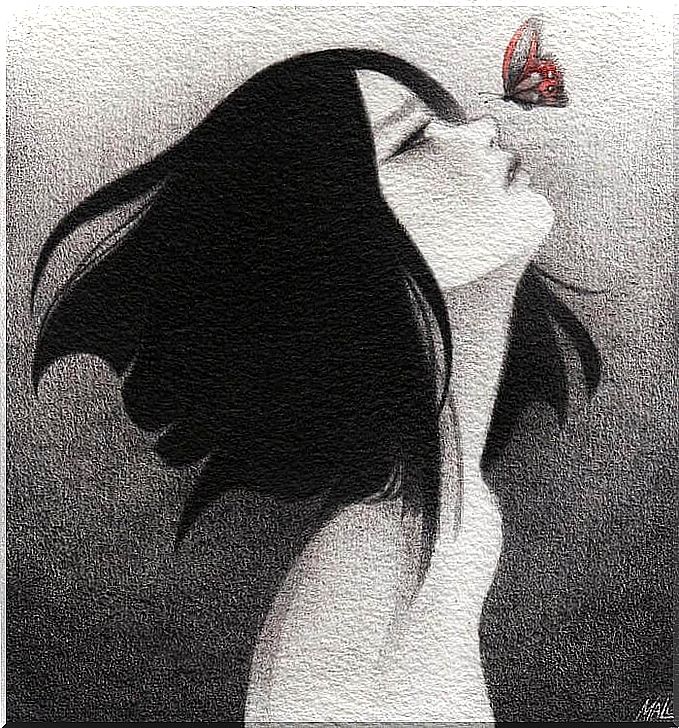
Face the loss
Sometimes the initial shock in the grieving process is accompanied by fear, anguish, panic, restlessness, anger, and confusion. Thinking is chaotic, we cannot concentrate on anything, we do not yet understand what has happened and we even imagine that it is all a nightmare.
The mind doesn’t work as usual, that’s for sure, but everything you experience is completely normal, it’s called derealization (the act of disconnecting from those around you) and depersonalization (the act of disconnecting from oneself). It is the body’s way of dealing with suffering by dosing it bit by bit.
To be in this state does not mean to be mad or sick. Dizziness and confusion are part of the experience of loss, grief is natural, no matter how harmful it may seem. When a loved one is no longer with us, the human reaction is suffering.
If that important person is no longer with you, surely you don’t have feelings of euphoria and joy, and you shouldn’t force yourself. Give yourself time and space to feel this sadness. Now is the time to get in touch with yourself and those around you need sensitivity, care and respect.
And souvenir items, is it better to keep them or throw them away? The problem is not whether to keep them or not, but above all to know what to do with them. Objects have the function of helping to maintain a bond that has been very important to you. They allow you to connect with memories and to feel that there is still a relationship.
If objects make you express your feelings, then they help you to continue on the path of mourning. The good way. But if keeping them is a way of not accepting what has happened or denying reality, they will not allow you to move forward. There is no question of getting rid of all these objects quickly. Do not rush. Take a moment to decide what you would like to do with it. Also, don’t allow anyone to do this work for you, do it yourself even if it is painful. It will help you.
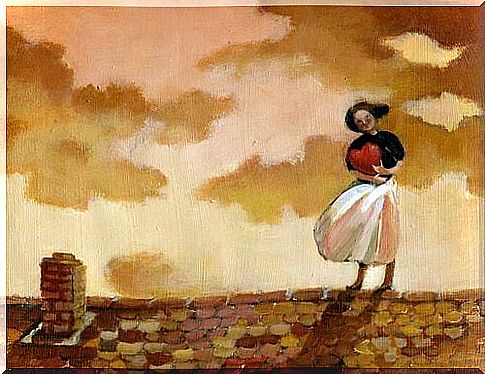
“Death does not rob us of the people we love. On the contrary, it keeps them for us and immortalizes them in our memory. On the contrary, it is life that often steals them from us, and definitely ”.
-François Mauriac-
Until when ?
Don’t punish yourself, don’t blame yourself because you “should” feel better. These times are yours, and the worst enemy of grief is not allowing yourself to feel things. From each loss we learn what is really deep and important to us. We order our emotions and our priorities, and we grow internally. While nothing will ever be the same again, we are developing new ways of overcoming difficulties and dealing with our conflicts.
Mourning is a wound caused by lack. This lack leads us to question ourselves about the meaning of life. Existential crises therefore lead us to many questions. As human beings, we are seekers of meaning, and the more we seek it, the more it eludes us.
Meaning is not a stop along the way, it is not a one-off response, it is a way of walking in life. And precisely through loss and mourning, we find our way to continue. Don’t rush, the only place you need to get to is yourself.
“If humans can’t get history to make sense, they can at least act in a way that their own story does.”
-Albert Camus-
Also read:
